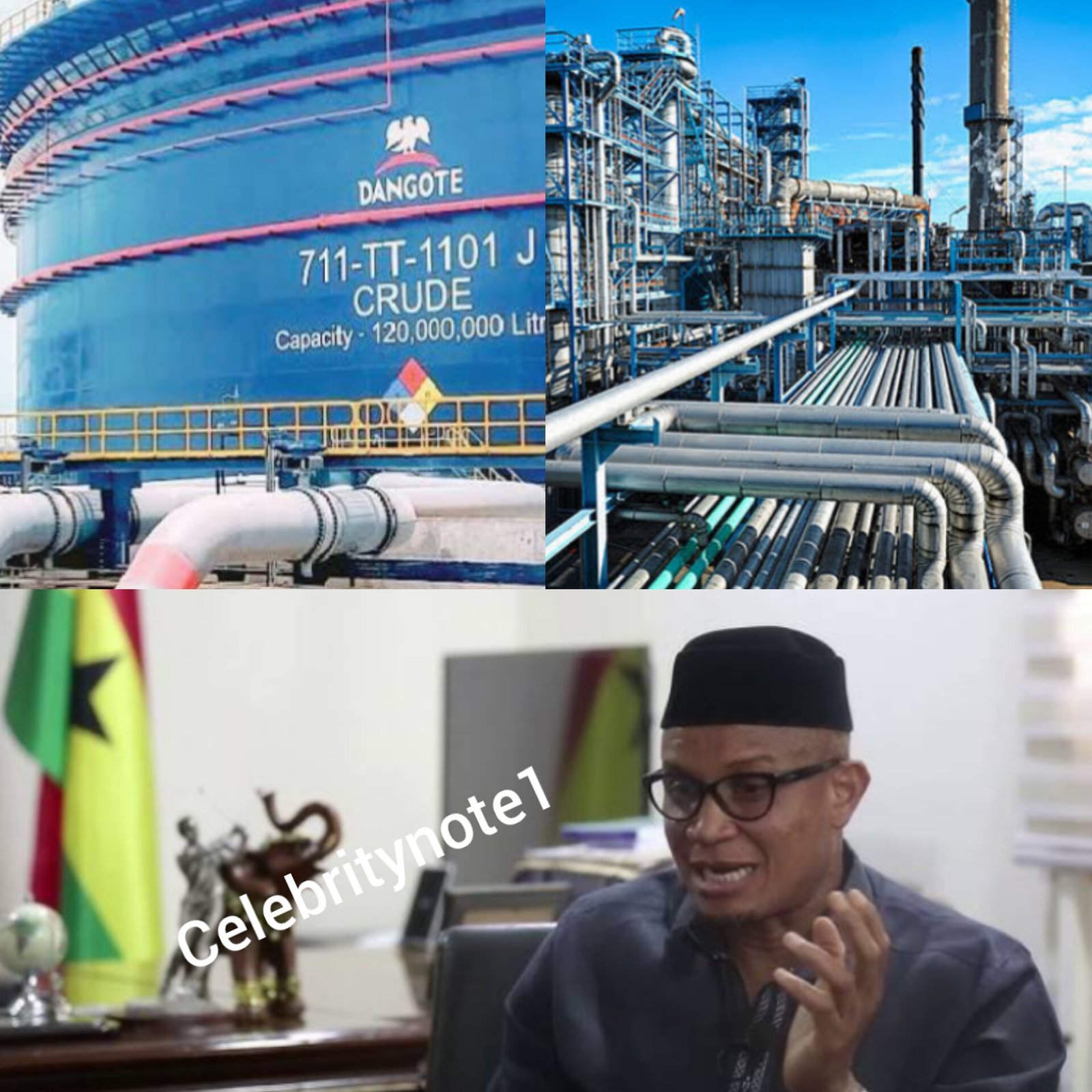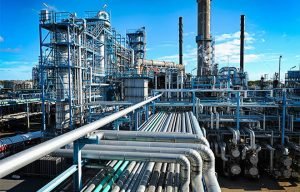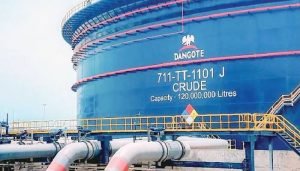
In recent events, Ghana has shown interest in sourcing its fuel from Nigeria’s Dangote Refinery, which could drastically transform the fuel market in the country. This endeavor is not only about a guaranteed supply of petroleum products but is also an effort to bring down the economic cost of the present import from Europe.
Advertisements
That is why this potential partnership will mean so much as the Ghanaian economy is on an upward trajectory.
Ghana’s Issues of Fuel Importation

Regular and consistent procurement of fuel from European countries has placed Ghana in a fix where the country spends a good amount of money every month. The chairman of the National Petroleum Authority of Ghana, Mustapha Abdul Hamid, said that Ghana uses around $400 million of these imports per month.
This has not only put pressure on Ghana’s foreign exchange earnings but has also exposed the country to the volatility of international oil prices and expensive transportation costs due to the long distance from most of the European suppliers.
Abdul-Hamid also outlined the possible value of buying fuel from the Dangote refinery, saying,
“If the refinery is to get to 650000 bpd a day capacity, all that volume cannot be consumed within Nigeria alone, so instead of importing as we do right now from Rotterdam, it will be more suitable for us to import from Nigeria, and I believe that will bring down prices.”
This statement has brought to light the significance of the Dangote refinery to the supply of fuel in Ghana.
The Dangote Refinery: A Game Changer

The Dangote Oil Refinery, which is being built by Nigeria’s billionaire Aliko Dangote, is poised to be one of the largest refineries in Africa, with a planned capacity of 650,000 bpd. The future impact for the regional gasoline market could be significant once the refinery reaches full operational capacity.
Conventional experts in the oil industry believe that once the plant is fully commissioned, the refinery is capable of meeting the domestic demand of Nigeria and exporting excess products to its neighboring countries, including Ghana.
The timeline of the operations for Dangote refinery is expected to be on a positive rise and can operate almost at its capacity by the end of 2024 and possibly become fully operational by the first quarter of 2025. This is characteristic of the fact that the Ghanaian economy is in dire need of a more stable and economically affordable source of fuel.
As seen again by importing fuel from Nigeria, Ghana has the potential of cutting a very definitive deal on the cost of fuel imports. Reducing high transport costs incurred on European goods is believed to usher in price cuts for consumers and companies. According to Abdul-Hamid,
“the measures adopted to decrease freight cost would soon ease the burden and make it cheaper to import various items across the trading fronts of Ghana.”
The expansion of fuel choice improves the energy security status of Ghana. Using a local supplier such as Dangote eliminates risks associated with global supply chain disruption and fluctuating prices.
It could open up a new round of possibly advanced integration in the internal market of West African oil. For the vision of one currency that all member nations of affiliation use, Abdul-Hamid sees the prospects bright for the collapsibility of the dollar for exports, imports, and other related usage in intra-African trade.
“It could stabilize fuel prices and decrease the amount of money gone through the foreign exchange rate,”
he said.
An economical and more steady source of fuel can thus boost developmental activities in the transport system, the industrial base, and farming, among other areas. The desire to include an effect of lower fuel prices is due to the fact that lower operating costs can benefit consumers since the prices of goods and services may drop.
While the prospects of importing fuel from the Dangote refinery are promising, several challenges and considerations must be addressed:
Indeed, the Ghanaian authorities will have to guarantee that the conditions for importing fuel from Nigeria are consistent with the local infrastructure.
This involves efficient infrastructure and transport and storage facilities to support the volumes of imported fuel. An element of creating a conducive regulatory environment for trade between Ghana and Nigeria will be important. This involves matters of tariff policies on imports of fuel as well as existing trade agreements and quality standards.
A new entrant fuel supply source could affect the local density of fuel supply. More so, it will be important for Ghana to carefully watch the market in order to avoid trigger effects that the change may cause, including manipulation of prices or supply.
Other articles
Indian Billionaire leaves a chunk of his fortune to his Dog
House of Reps Condemns Lawmaker’s Action, Says Probe ongoing
Northern Governors reject Tax Reform Bill – “our people are already suff€ring”
Conclusion
The desire of Ghana to import fuel from the Dangote Refinery signifies a new direction in the goal to improve energy security, minimize expenditure, and integrate other sectors in the continent. When the demands of the refinery rise to its ultimate optimal level, the economy of Ghana stands to gain abundant benefits. Again, substantial strategy formulation coupled with a synergy between Ghana and Nigeria will be important to manage the two nations for such a productive partnership to materialize.
According to Abdul-Hamid,
“This could bring an end to monthly fuel imports from Europe worth 400 million dollars,”
Considering the efforts that are being made by both nations towards achieving a more synchronized energy market, Ghana’s fuel supply and general economic development will have a hopeful future.









